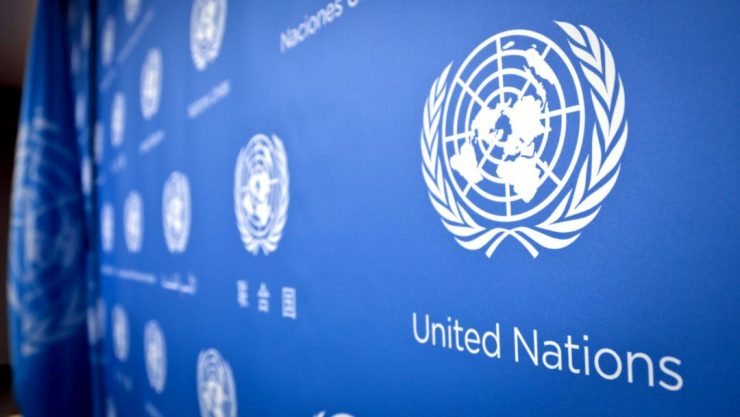Geneva, 24th August 2018
In the United Arab Emirates torture is systematically used in detention centers with full impunity in order to extract confessions of guilt or testimonies against other detainees. These practice targets human rights defenders peaceful opponents of the regime as well as national and foreign citizens. Usually held in secret detention in unofficial places of detention the testimonies describe horrific scenes: the detainees are threatened with execution, deprived of sleep and food, humiliated, beaten, hung from the ceiling, electrocuted, physically abused and forced to witness the torture of fellow prisoners.
Most of time they are denied contact with the outside world, especially with lawyers, practice which increases the risk of being subjected to torture and ill-treatment due to the fact that the victims are placed outside of the protection of the law and have no access to legal remedies.
Many complaints of torture have been filed by the victims, but no investigations are ordered by the judicial authorities. As a consequence, impunity becomes the norm because of a lack of transparency or credibility in the investigations and creates an environment conducive to repetition of violations.
Torture that the UAE is carrying out is a serious violation of its international obligations, particularly as a party to the Convention Against Torture (UNCAT), which was ratified by the country in July 2012. We recall that torture is considered one of the most serious crimes under international law and states must respect its prohibition without exception and are required to make these offences punishable by appropriate penalties in accordance with art. 4 (II) UNCAT. According to art. 6 “each party in whose territory a person alleged to have committed” the crime of torture “is present shall take him into custody or take other legal measures to ensure his presence”. Finally, article 7(I) provides that each “state party in whose territory a person alleged to have committed” the crime of torture shall “if it does not extradite him, submit the case to its competent authorities for the purpose of prosecution”.
The UAE doesn’t strengthen the collaboration with the UN mechanisms. Indeed, the country has not ratified the Optional Protocol to the Convention against Torture (OPCAT) and while a cooperation with the special procedures is essential, it has refrained from sending an invitation to the Special Rapporteur on torture, the special rapporteur on the promotion and protection of human rights defenders as well as to the Working group on Arbitrary Detention.
Today, enforced disappearance and torture extend beyond the UAE’s border to Yemen, where the United Arab Emirates and Saudia’s intervention in the conflict has already caused thousands of civilian casualties. Recent report by NGOs including Amnesty International have denounced war crimes and crimes against humanity committed with full impunity by these states in the context of what has been described by the UN as the worst humanitarian crisis worldwide.
We recall that fighting impunity is a way to protect victims of torture and AVT-UAE urges the international community to remind the UAE their obligations under the international law in order to put an end to the practice of torture in the prisons in its territory and in Yemen and to stop this systematic policy of impunity.



